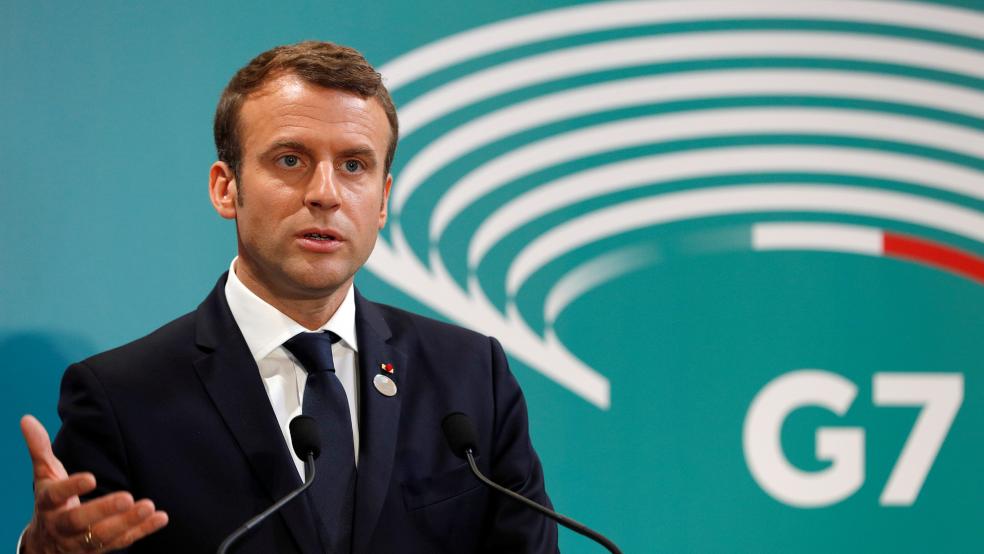Speaking in Colorado, Kerry was asked about President Barack Obama's April comment that Britain would go to the "back of the queue" if it voted to quit the EU, as it did on Thursday, and Washington would focus on a wider trade deal with the EU called the Transatlantic Trade and Investment Partnership (TTIP).
"The president, very clearly, he was talking about TTIP and the fact that we have 28, now 27, countries we have to negotiate with, or now potentially 27 countries that we have to negotiate with, to get that done," Kerry said. If Britain leaves the EU, the bloc will have 27 member states."If you have a whole bunch of countries working to get one thing done, and that’s the larger market, it makes sense to try to get it done," Kerry added in response to a question at the Aspen Ideas Festival conference."But I think given what has happened, the president is going to try to do both at the same time. He knows how to multitask," Kerry added.U.S. State Department spokesman John Kirby later said Kerry did not mean to suggest any plan for separate, simultaneous negotiations."The secretary was not suggesting an intent by the administration to negotiate simultaneous trade deals with the UK and the EU," Kirby said in an emailed comment. "He was simply making clear that we will work with the UK and the EU to better understand the impacts of Thursday's referendum on TTIP and stay in touch with both as we explore our options going forward. We remain committed to TTIP." (Reporting by Arshad Mohammed and Lesley Wroughton, Editing by G Crosse and Andrew Hay)U.S. mixes signals on possible separate EU, UK trade talks

PHILIPPE WOJAZER



